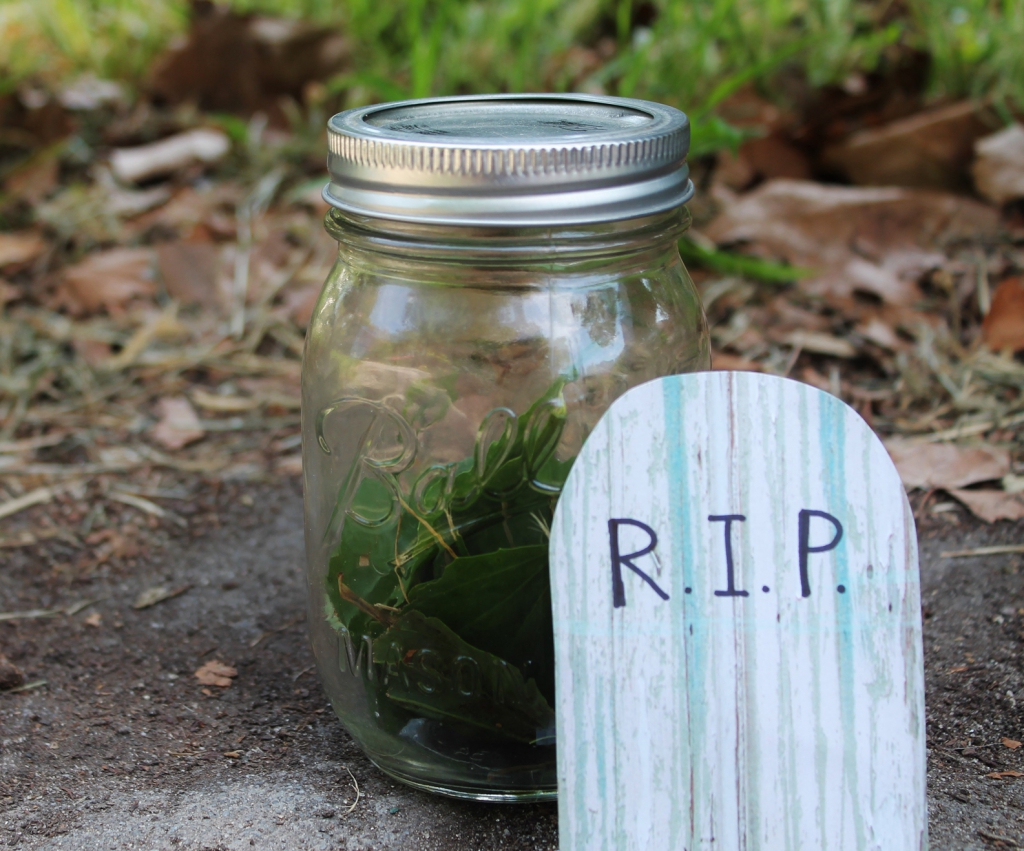by Carol Dunn
If you were born here, it’s no use to keep reading because about half way through this you’re going to say, “Oh shut up you big baby and deal with it.” But for those of us who moved here from somewhere with oxygen, the thin air takes some getting used to. I’m just saying, the tourist bureau should hand out oxygen tanks to anyone who stays longer than three days.
 Actually, we transplants who moved here are sort of like those bugs your kids used to find that were so ultra-cool that they tossed them into a glass jar and put the lid on so they could watch them be ultra-cool. (Oh, the idea for punching holes in the lid comes later.) The bug seems to be doing fine for a little while. But when you look again, it’s moving slower. Seeing this, your kid would jam a handful of leaves into the jar thinking the bug is hungry. And as the little bit of oxygen that was left in the jar gradually gets used up, the bug starts trying to find a corner to sit in because it has a headache. Then you look at it a couple days later – because really, you can only watch an ultra-cool bug for so long until it’s just a bug – and you notice that it’s on its back with all the legs sticking straight up into the air. THEN it occurs to someone that they should have punched holes in the lid. And THAT’s what we transplants go through when we move here.
Actually, we transplants who moved here are sort of like those bugs your kids used to find that were so ultra-cool that they tossed them into a glass jar and put the lid on so they could watch them be ultra-cool. (Oh, the idea for punching holes in the lid comes later.) The bug seems to be doing fine for a little while. But when you look again, it’s moving slower. Seeing this, your kid would jam a handful of leaves into the jar thinking the bug is hungry. And as the little bit of oxygen that was left in the jar gradually gets used up, the bug starts trying to find a corner to sit in because it has a headache. Then you look at it a couple days later – because really, you can only watch an ultra-cool bug for so long until it’s just a bug – and you notice that it’s on its back with all the legs sticking straight up into the air. THEN it occurs to someone that they should have punched holes in the lid. And THAT’s what we transplants go through when we move here.
When we first pull up to our new place with the U-Haul truck, everything is great. It’s sunny and warm, and the mountains are beautiful. There’s a gentle breeze. It’s quaint. Soon, though, we get dizzy, and the headaches set in, and we’re looking for a corner in a round room. If you don’t know what’s happening to your body, you might think you have vertigo or beri-beri or something. But actually you are being starved for oxygen, and your brain cells are gradually dying and not being replaced. I don’t know about you, but I need every brain cell I can hold onto. Being oxygen starved is what causes visitors and new transplants to act kind of weird – like taking pictures of the Wahatoyas from the window of a car going 70 miles an hour, or even saying how cute the prairie dogs are.
Fortunately, extreme cold (ie. winter) and unconsciousness (ie. naps) both help when you need more air, which is how any of us oxygen deprived individuals have survived at all.




